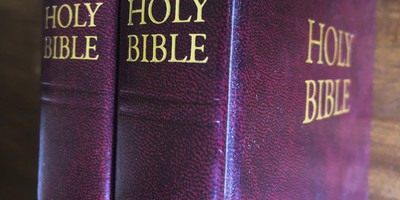On July 4th, Americans celebrate independence. But we rarely ask: Who carried the weight of that word when it meant nothing more than hope scrawled on parchment? In 1776, the Revolution was not yet a republic. It was a retreat.
George Washington stood in the breach—not just as general, but as a man who bore the full weight of a collapsing cause. His army was disbanding. The Congress was in flight. The enemy was closing in. And yet, through those first desperate months, Washington held the line—often by sheer force of will. The cross he carried was not only military—it was national and moral.
Defeat after defeat dogged the early months of the war. The British stormed New York. The Continental Army staggered through New Jersey. Morale was near collapse. Men deserted. Supplies vanished. And yet, Washington never surrendered—not to the British, not to fear, and not to the easier path of blaming others.
The retreat across New Jersey is often remembered as tactical survival. But it was more than that. It was symbolic. Washington, a man of wealth and stature, was being emptied—stripped of certainty, stripped of glory. And still he pressed on, carrying the soul of a nation in exile.
Then came the river. The Delaware—icy, black, and swollen—stood between ruin and a second chance. In the dead of night, on December 25th, 1776, Washington led his weary men across. It was not merely a military maneuver. It was a baptism of the Revolution. From retreat to resolve.
Recommended
That crossing was not a solitary moment of courage, but the culmination of a deeper calling. Washington was no mere tactician. He was a man who believed in the hand of Providence. Again and again in his writings, he invoked divine favor as an anchor. He did not fight for power. He fought because he believed liberty was not man’s invention, but God’s intention.
Victory at Trenton. Momentum at Princeton. But even those triumphs were not final. The war dragged on. Temptations abounded—temptations to seize control, to crown himself, to become what the Revolution was fighting against. Washington resisted them all.
And then, at the end, he did something no conqueror had ever done: he gave power back. He surrendered his sword to Congress. He walked away. And then, years later, when his nation called him again—this time not to fight but to govern—he accepted, reluctantly, dutifully. He became the first president not by ambition, but by necessity.
In doing so, he did more than lead. He showed the world what leadership in a republic looks like: restraint, dignity, humility, and purpose.
The Fourth of July is not just about the signing of a document. It is about the forging of a people. That forging happened through fire—through retreat, river, and ultimately, renewal.
Washington’s greatness was not in his genius or his charm, but in his calling. He accepted the weight of history and bore it with resolve. He believed this new republic was not just a political experiment, but a destined one. One that required character. One that demanded sacrifice.
We live now in the inheritance of that cross. Our republic survives not just because of systems, but because one man was willing to walk through darkness carrying a nation's hope on his back.
So as the fireworks light the sky, let us remember the retreat. Let us remember the river. And above all, let us remember the man who made the republic possible—not by force, but by faith.

























Join the conversation as a VIP Member